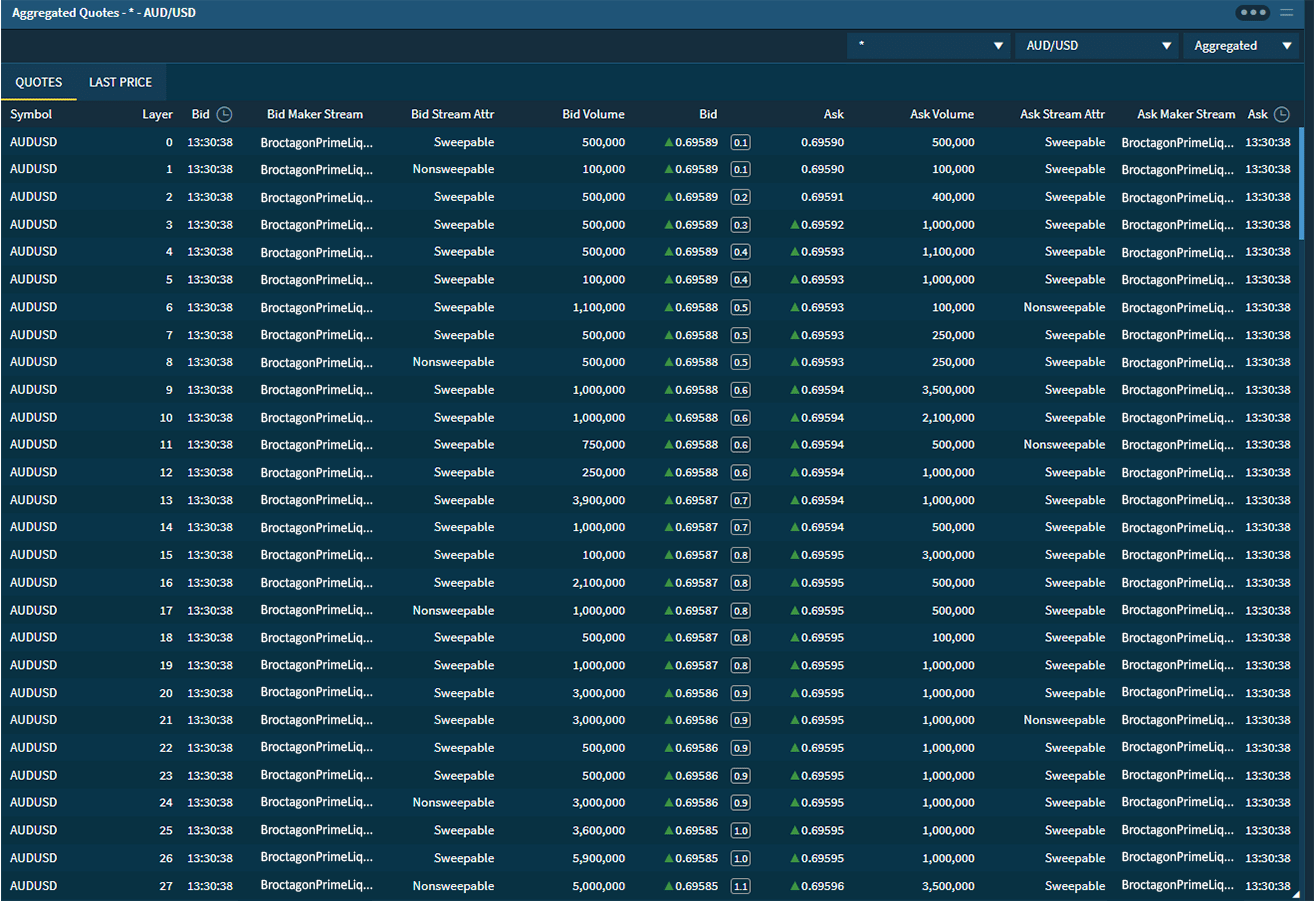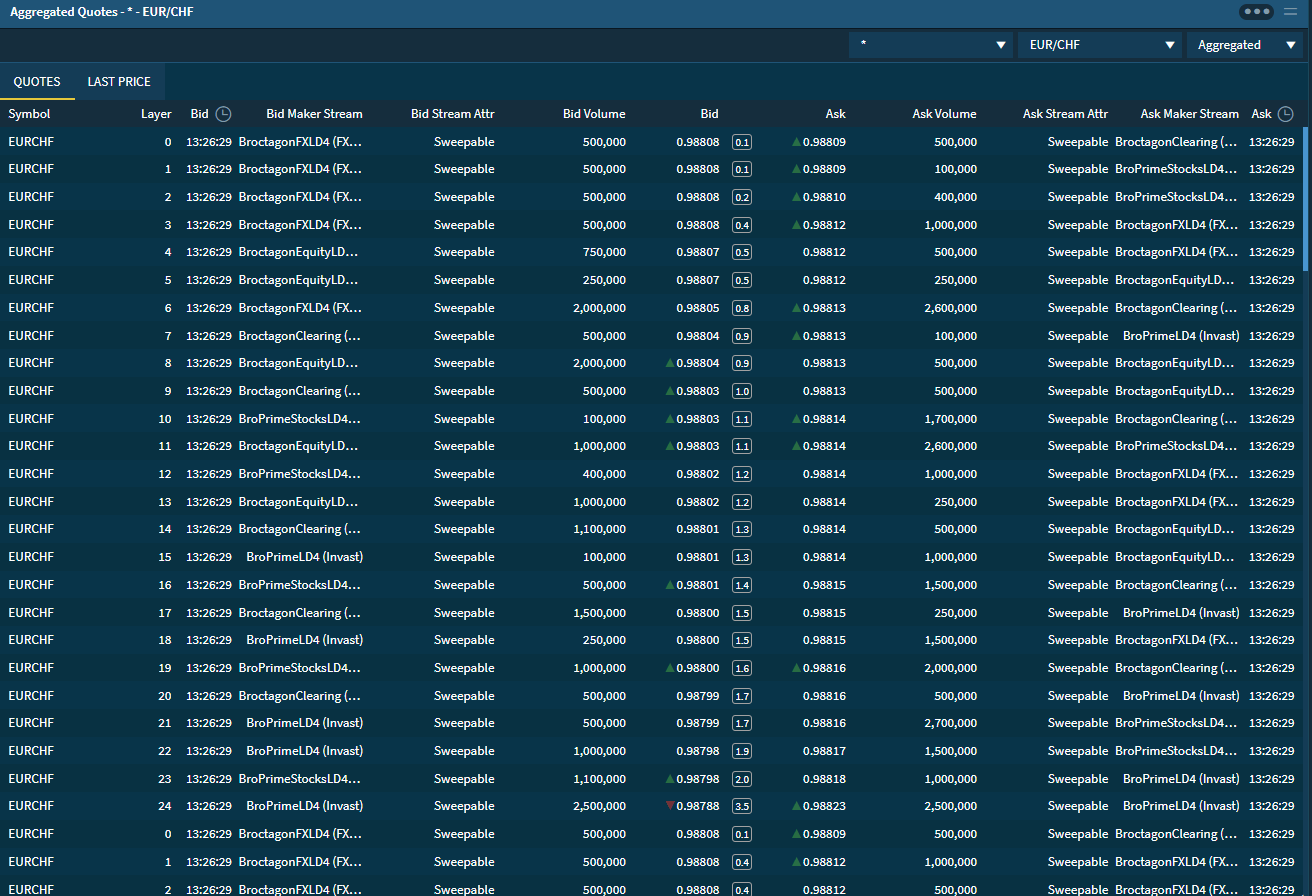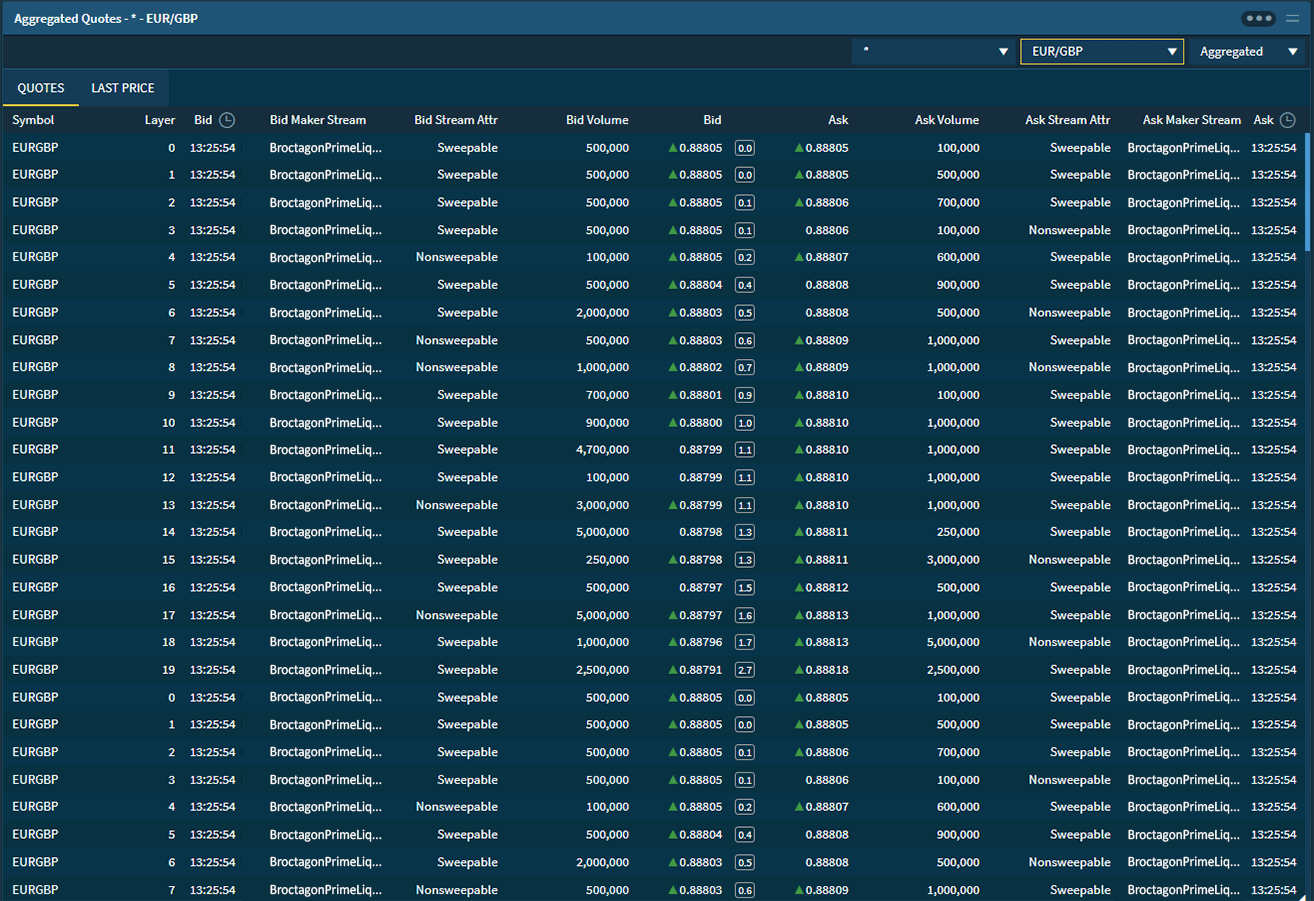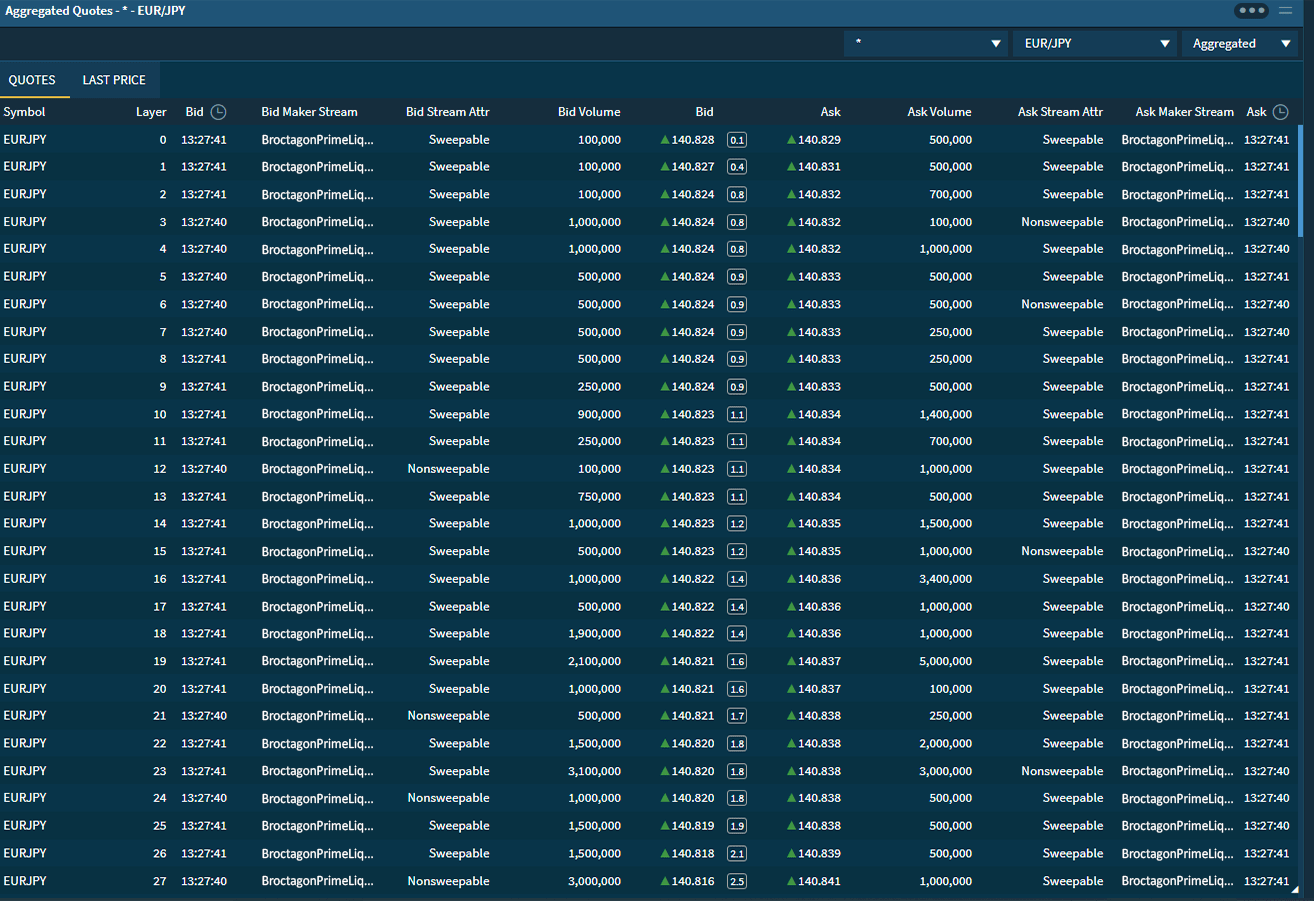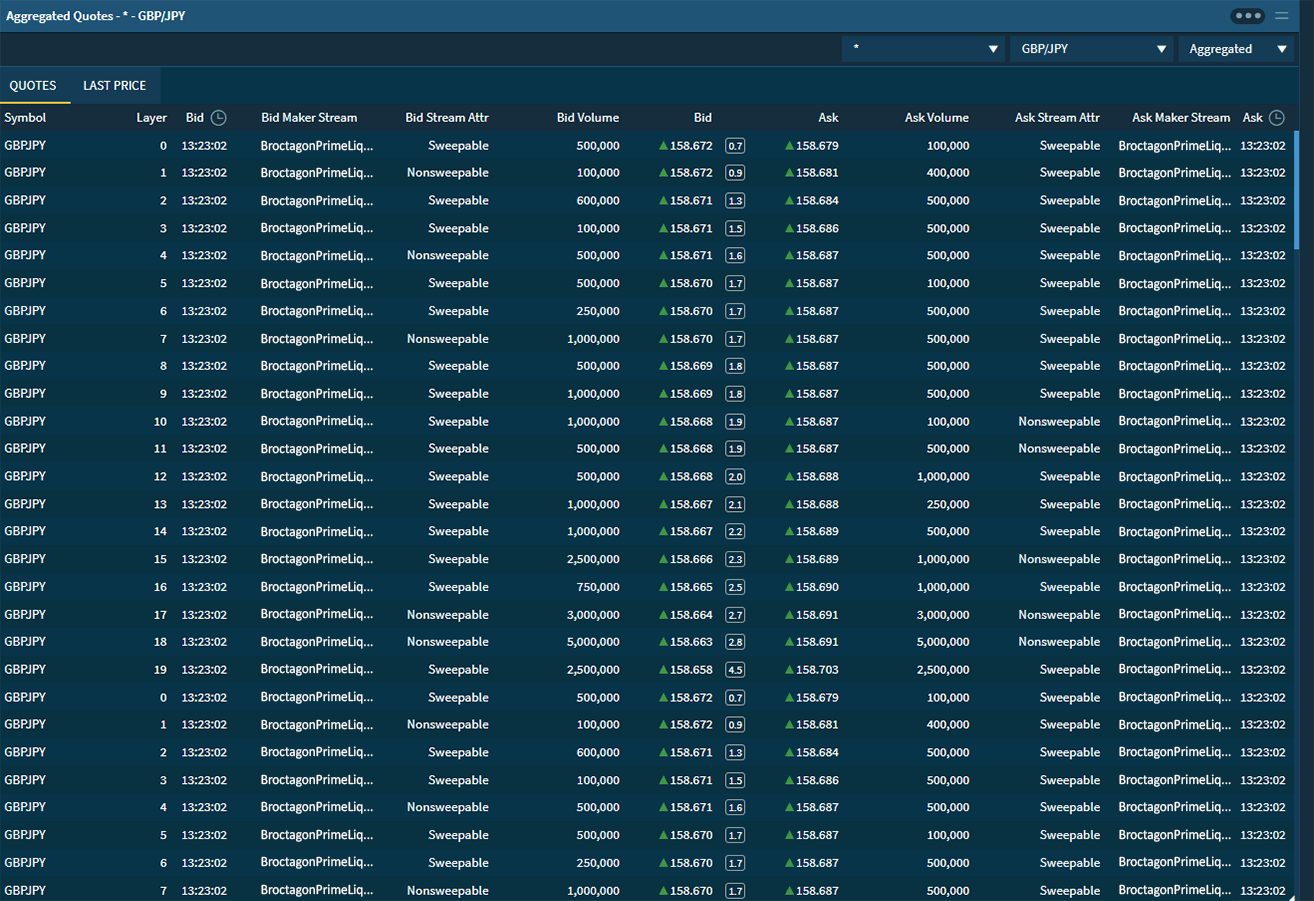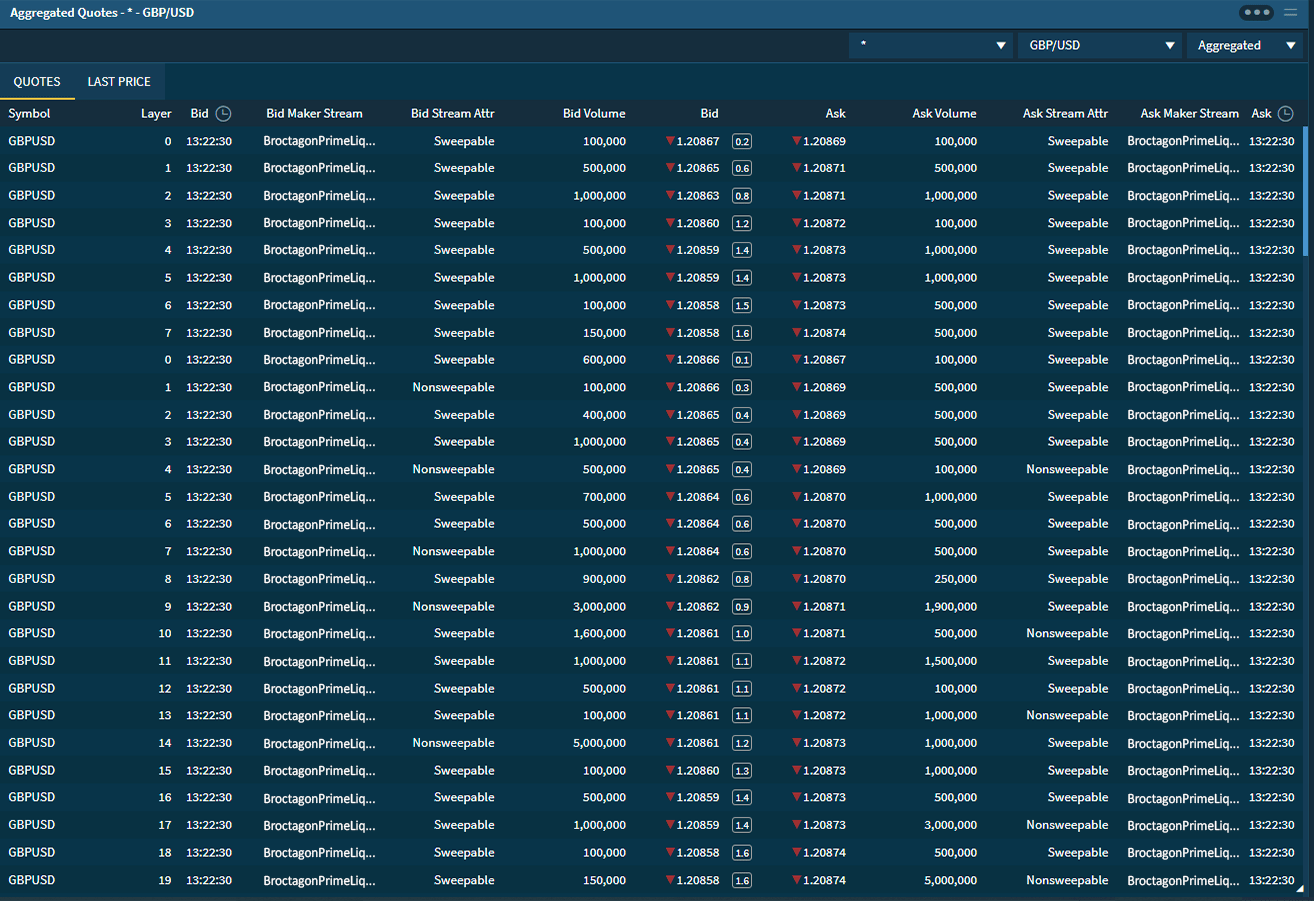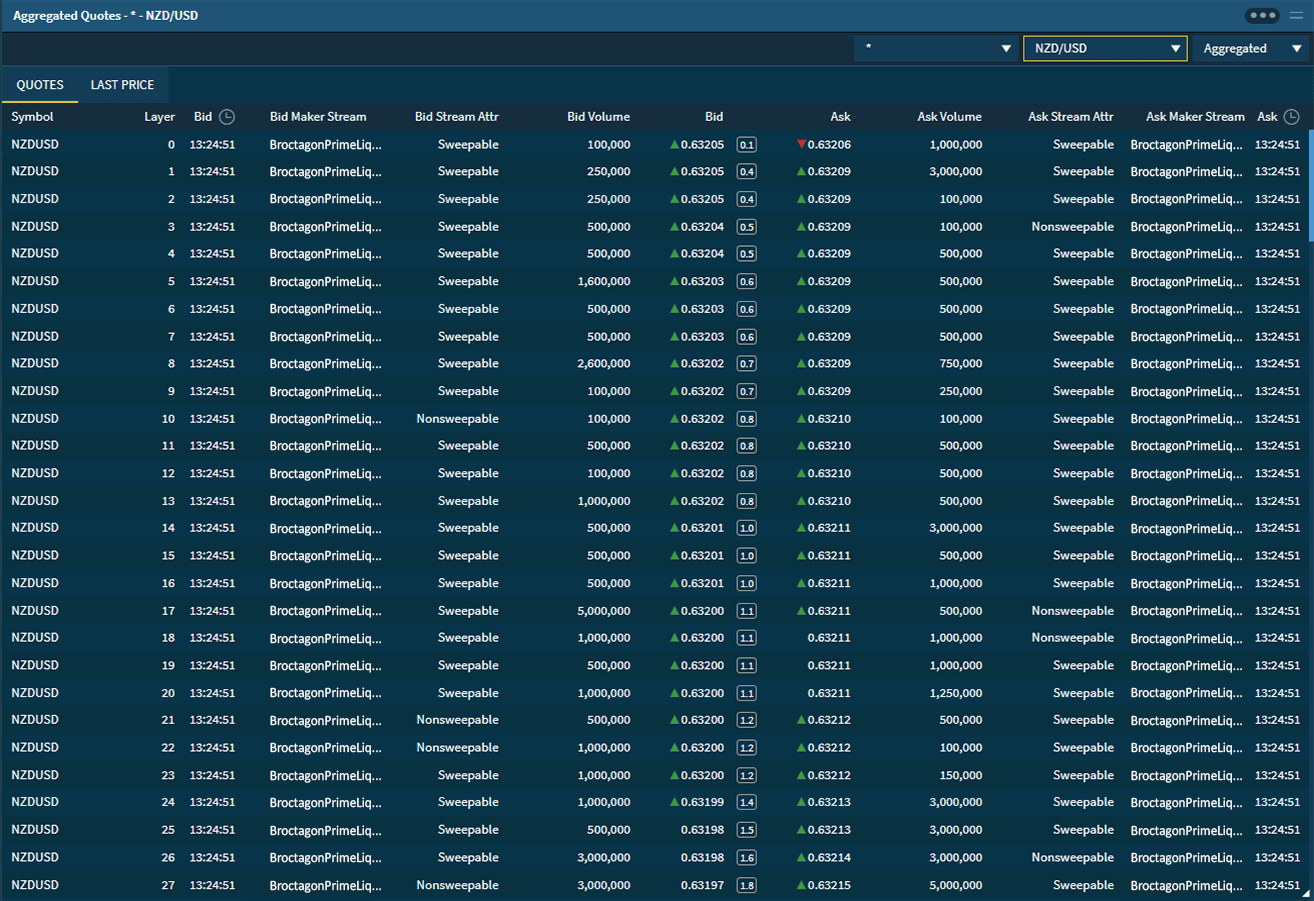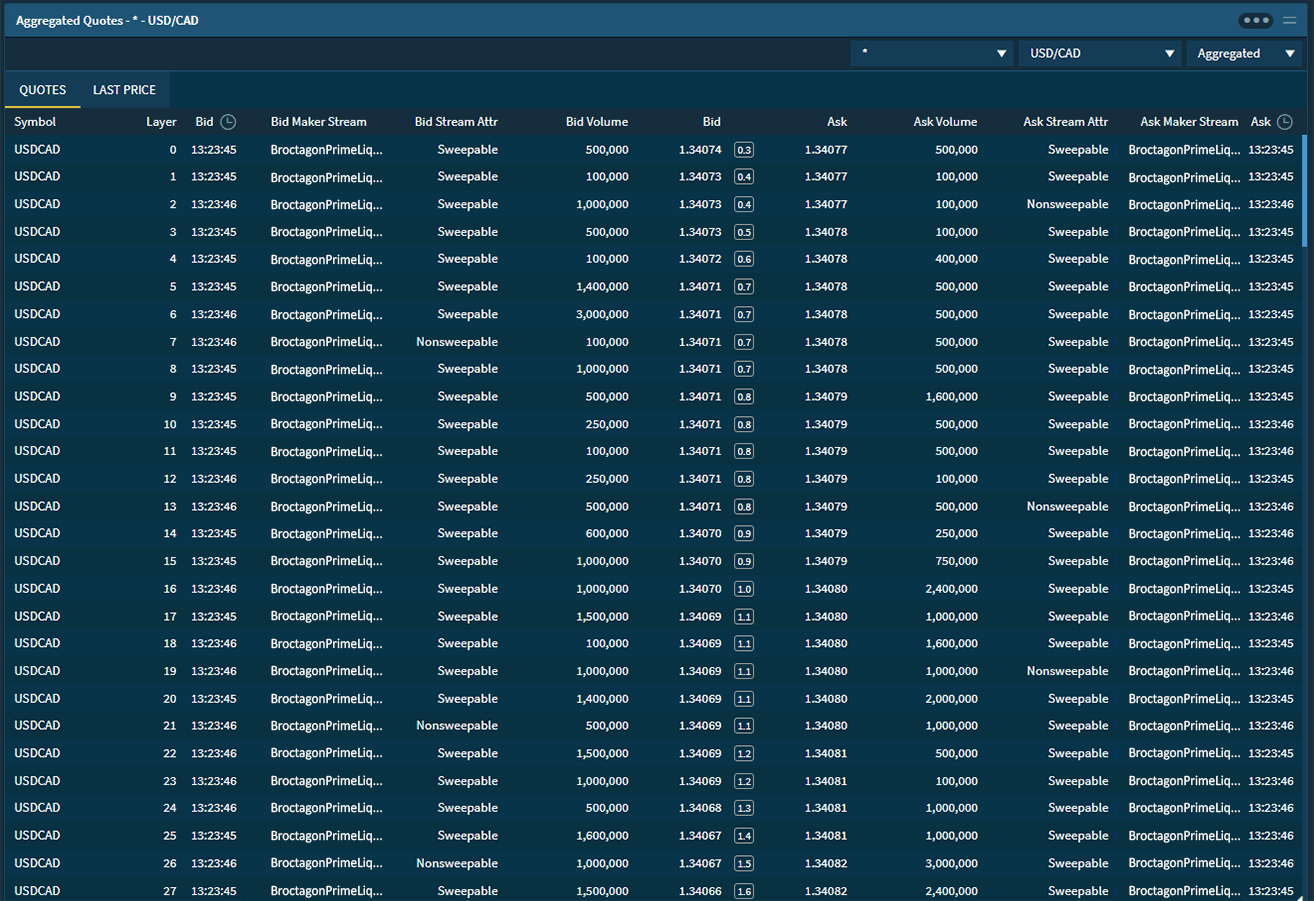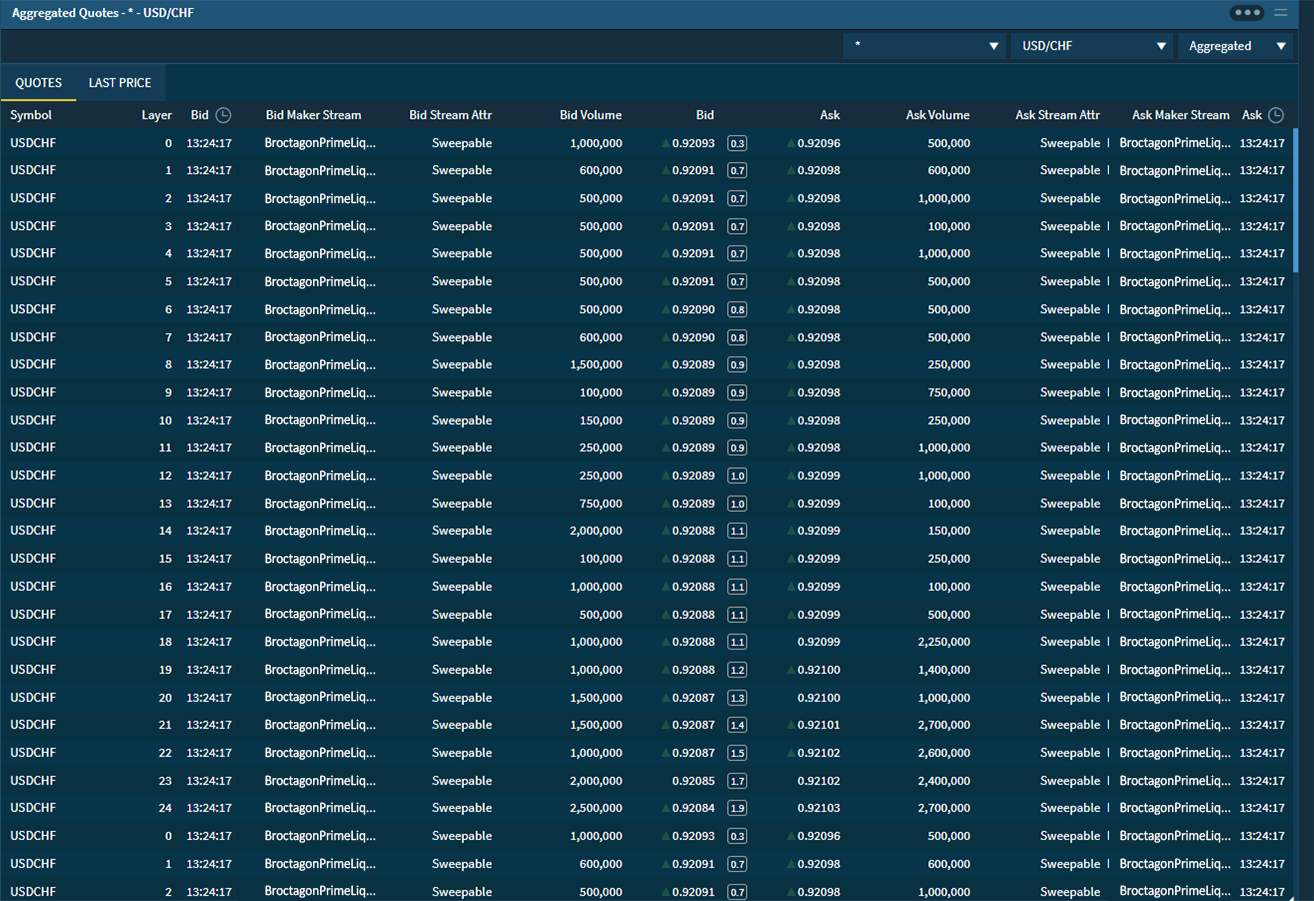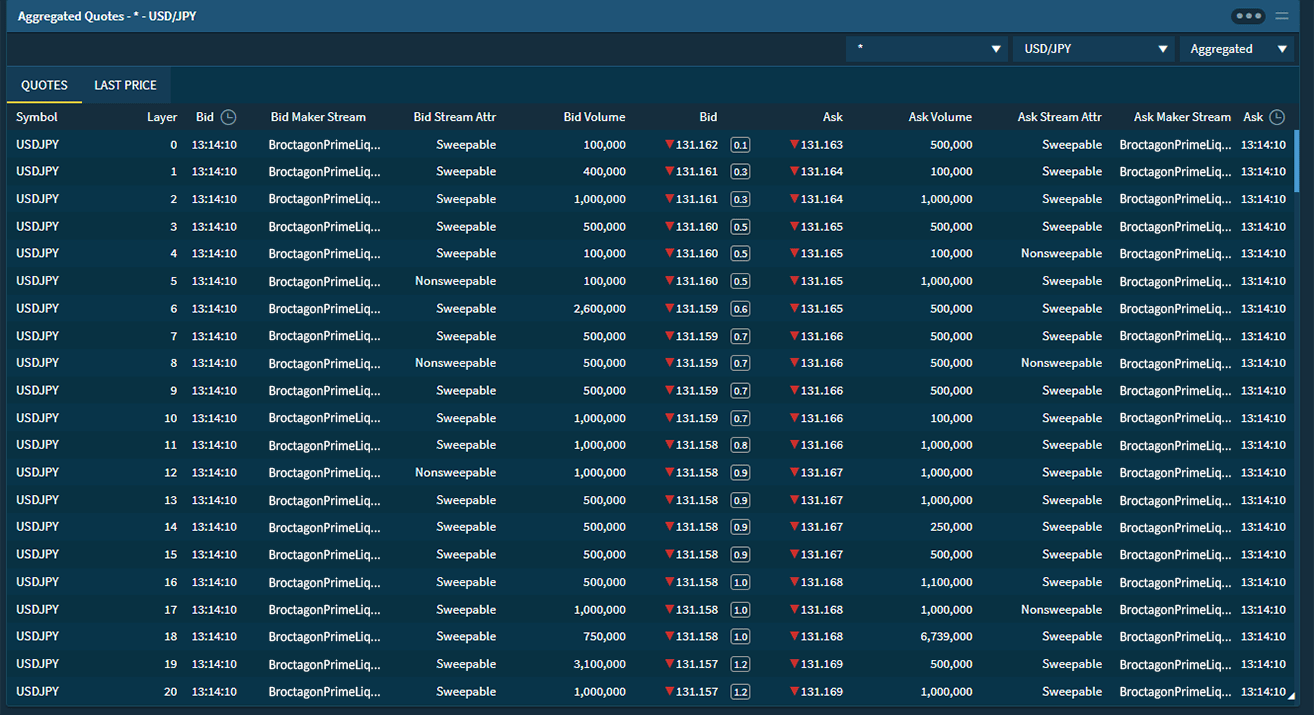2017’s Bitcoin Bubble Unlikely to Return as Bitcoin Matures

In early January, the value of the cryptocurrency giant, Bitcoin, rose to an all-time high of about $42,000 before tumbling back down to about $30,000 3 days later. However, it quickly rocketed up again to about $40,000 in just a mere few days. Bitcoin is widely known to be extremely volatile and this is just even further proof to back the statement up once again.
It’s unsurprising to see increased ‘FOMO’ in the market. Bitcoin drew a huge amount of attention in 2017, so more retail investors are keeping tabs on crypto this time around. At the moment, bitcoin is everywhere and everyone wants to be involved – including previous sceptics.
Additionally, economic uncertainty from the pandemic has led to an influx of investors looking to safeguard assets from traditional market downfalls. As governments provide relief through monetary stimulus, investors are turning towards bitcoin to hedge against expected inflation.
As to whether, this is a repeat of the 2017 bubble, the market conditions definitely aren’t the same. History doesn’t always repeat itself as this bubble doesn’t look set to burst. In conjunction with increasing trading volumes from existing market participants, there is increasing institutional involvement from large players such as VISA and PayPal. And crucially, the market infrastructure has improved drastically. Not only is trading technology more sophisticated, but regulatory oversight of crypto has advanced significantly, showing its growing maturity as an asset.
As the value of investing in bitcoin is being more widely recognised, trading technology will be paramount. Historically, cryptoassets are notoriously illiquid due to low trading volumes and price discrepancies between larger and smaller exchanges. Therefore, increasing mainstream adoption coupled with development of sophisticated trading technology will inspire new investor confidence and address ongoing liquidity issues. All this will help to prevent a potential crash like that of 2017.
As crypto continuously increases in popularity, it is also essential to note the importance of trading in a safe environment with regulations. Although regulation is traditionally perceived as restrictive, it would support growth in cryptocurrencies. Regulators have yet to create a clear regulatory framework, with some actively banning them such as the FCA’s recent ban on crypto derivatives. This means the space continues to be somewhat of a “Wild West” for investors, and leaves bad actors to launch fraudulent projects, such as ICO scams. Not only does this damage the credibility of the market, but many investors have understandably taken lack of a regulatory consensus as a signal of an unsophisticated market. The trading infrastructure has matured, with liquidity and execution technology drastically improving since 2017, but the industry is calling out for guidance.
The Covid-19 crisis has seen a drastic change of tune from large institutional investors, most of which are now advocating crypto and predict ongoing growth. People will continue to invest in crypto trading regardless of whether it is overseen by a regulator or not. Much better to have standards in place to protect investors and create a framework for growth.
Countries like Hong Kong, China and Singapore continue to lead the way and implement further measures to establish crypto regulation. And as the recent bitcoin boom indicates a huge influx of investors entering the space, governments and regulators ought to catch up with the markets and establish collective regulatory frameworks so participants can trade as safely as possible.
To sum it all up, the current scenario might seem similar to 2017’s bubble where Bitcoin prices hits the roof but suffers a huge price drop of 45% within a few days and continues to remain dull even in the following year of 2018. However, it is crucial to note that Bitcoin has matured over the years. Market conditions are definitely different this time around and Bitcoin prices is not likely to plunge completely. Also, with the current pandemic situation ongoing, a huge stream of investors are coming into the picture, and not all of them might be familiar with regulations and practice safe trading. It is critical that they know of the regulations placed on their country’s crypto market and understand that it is established with the objective to protect instead of restricting them.
Opinion Piece by
About Broctagon Fintech Group
Broctagon Fintech Group is a leading multi-asset liquidity and FX technology provider with over 15 years of global presence across China, Hong Kong, Malaysia, India, Thailand, and Armenia. We deliver performance-driven, bespokesolutions to more than 350 clients in over 50 countries, offering institutional-grade liquidity, brokerage and prop trading solutions.


